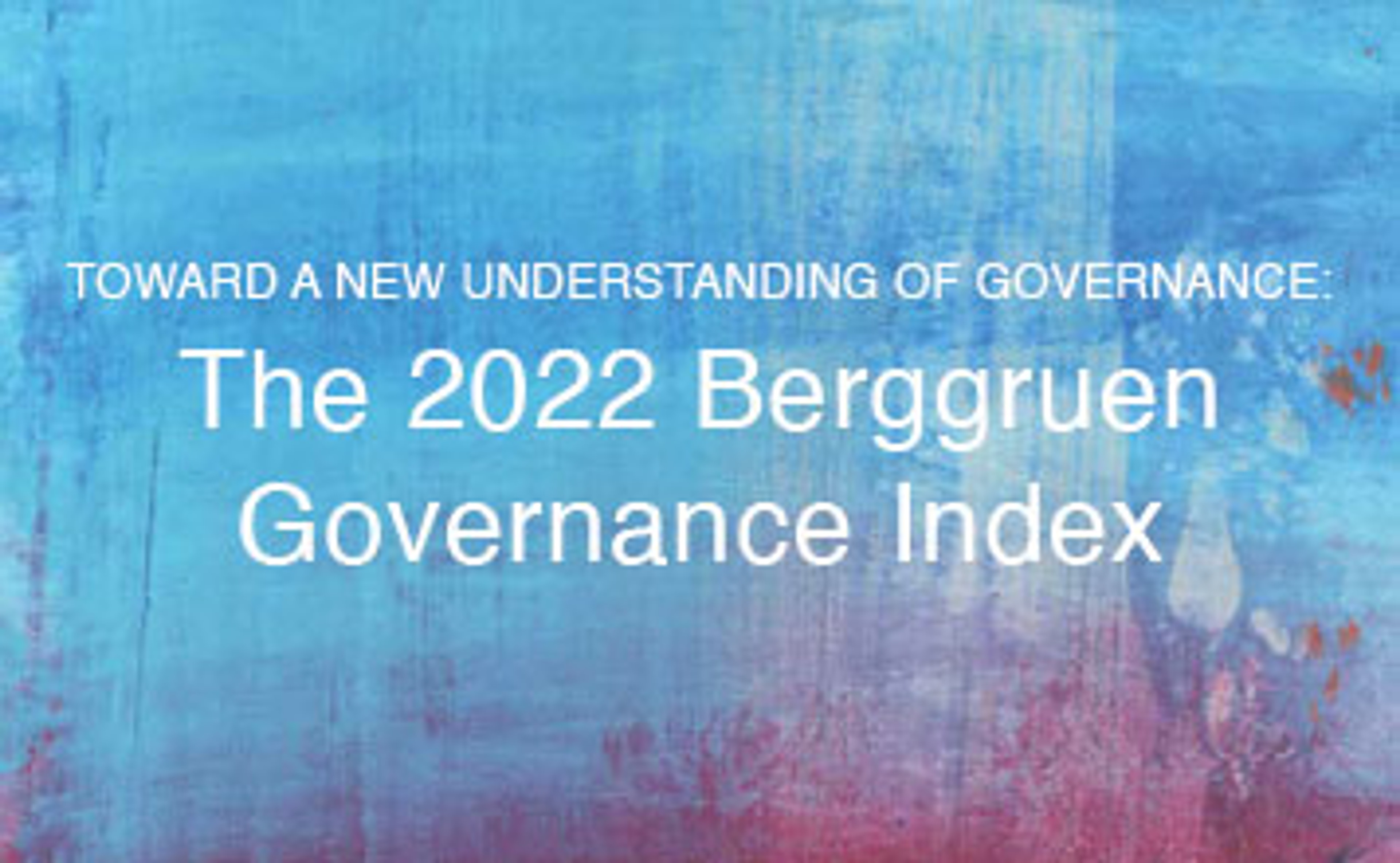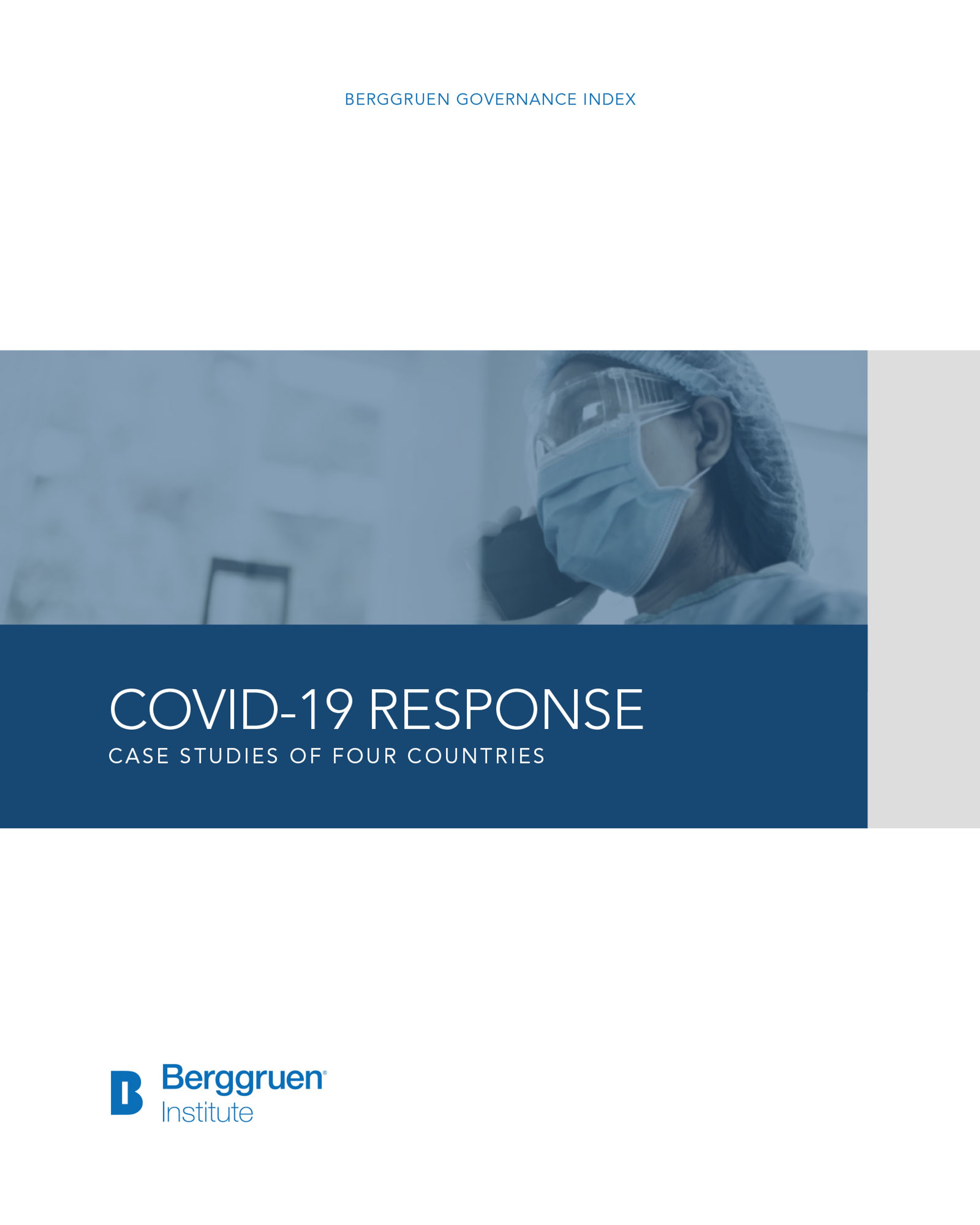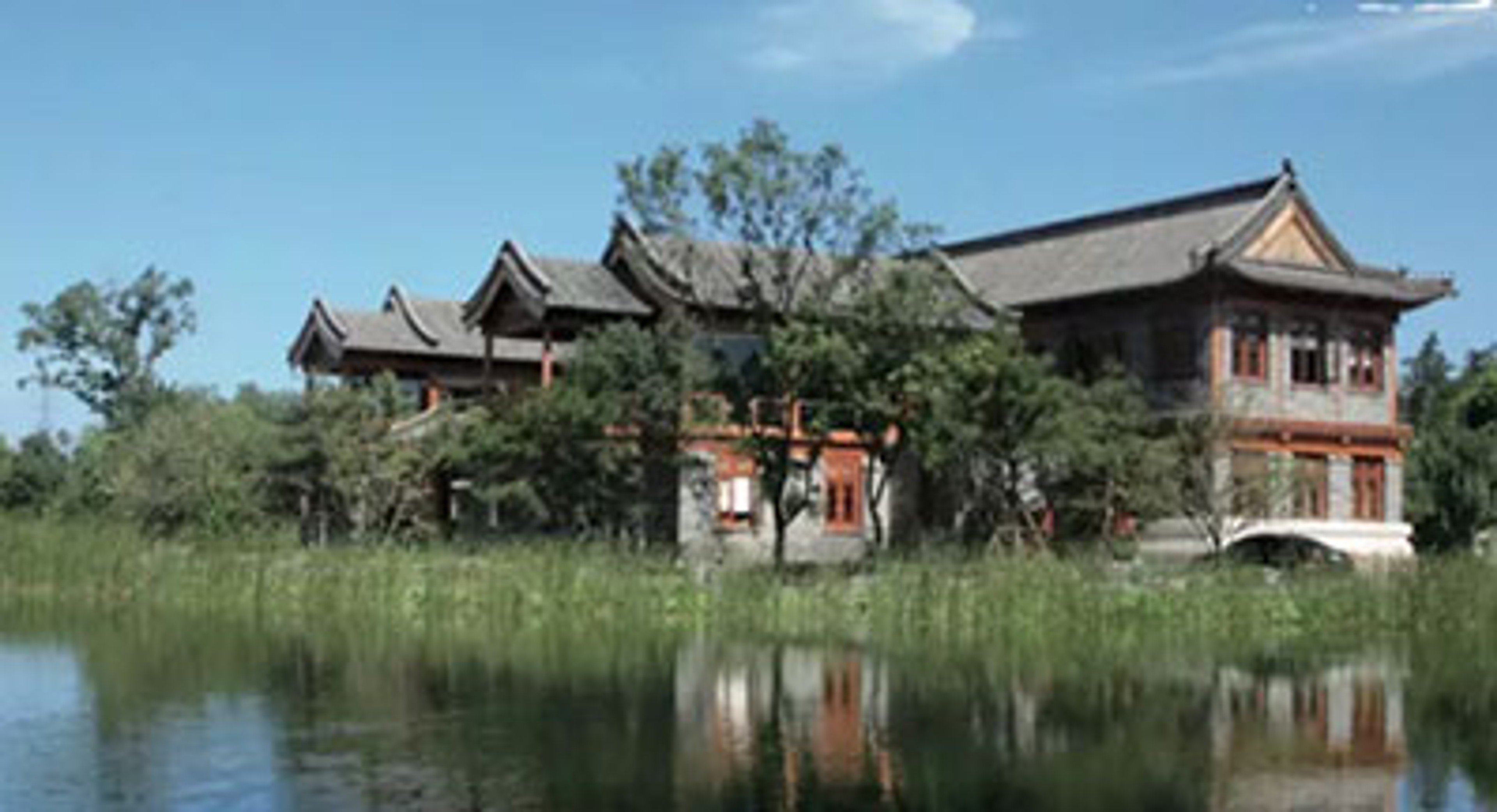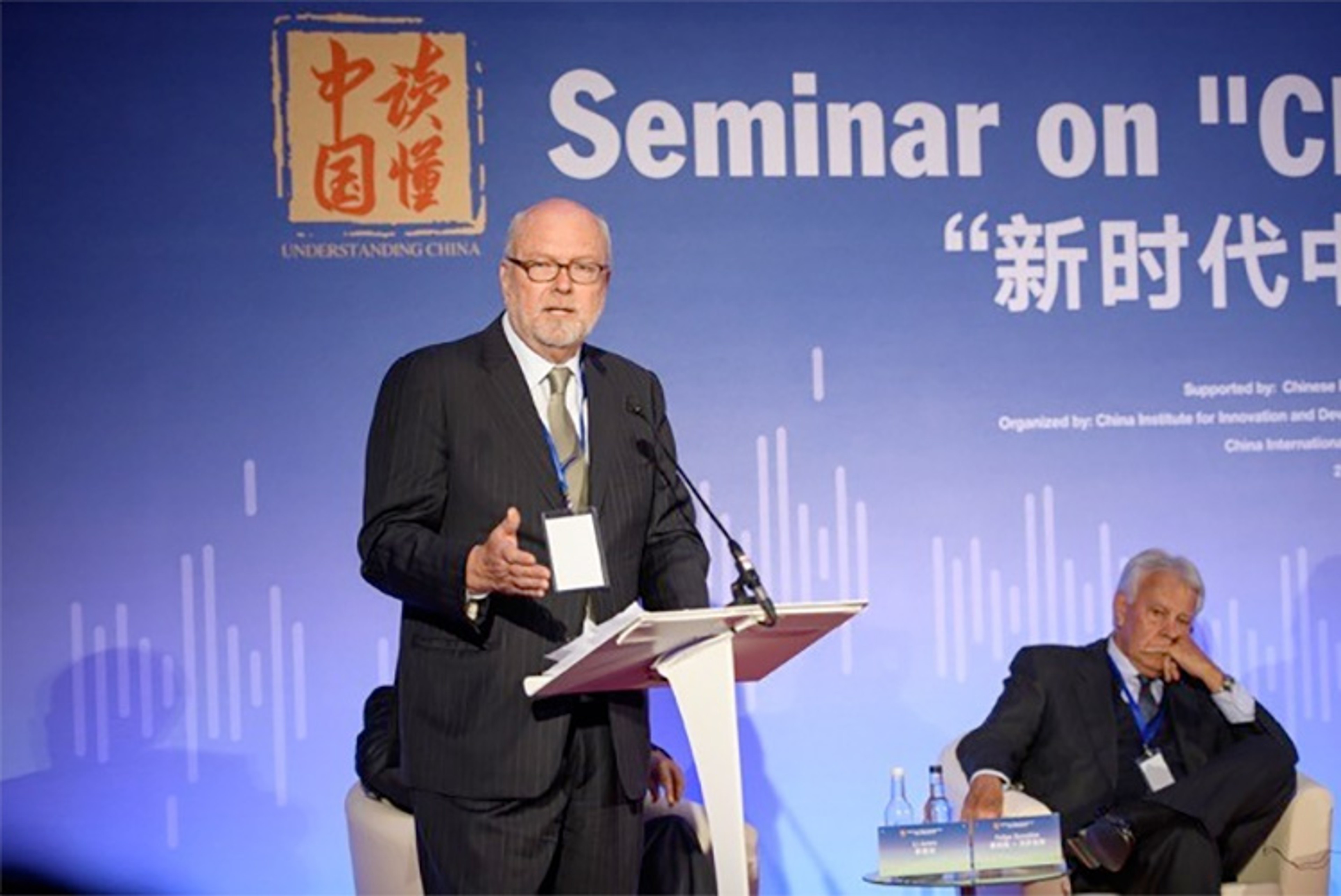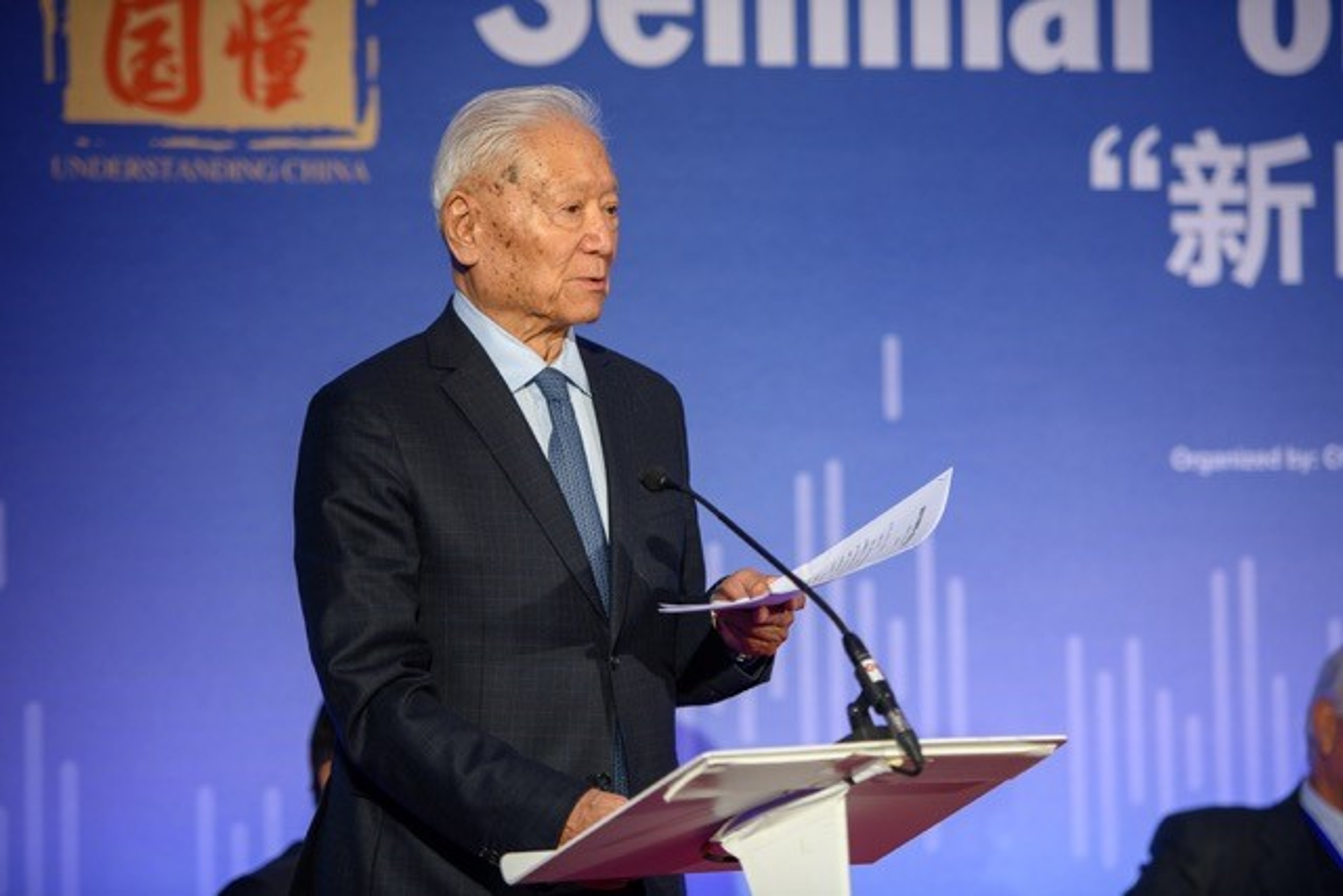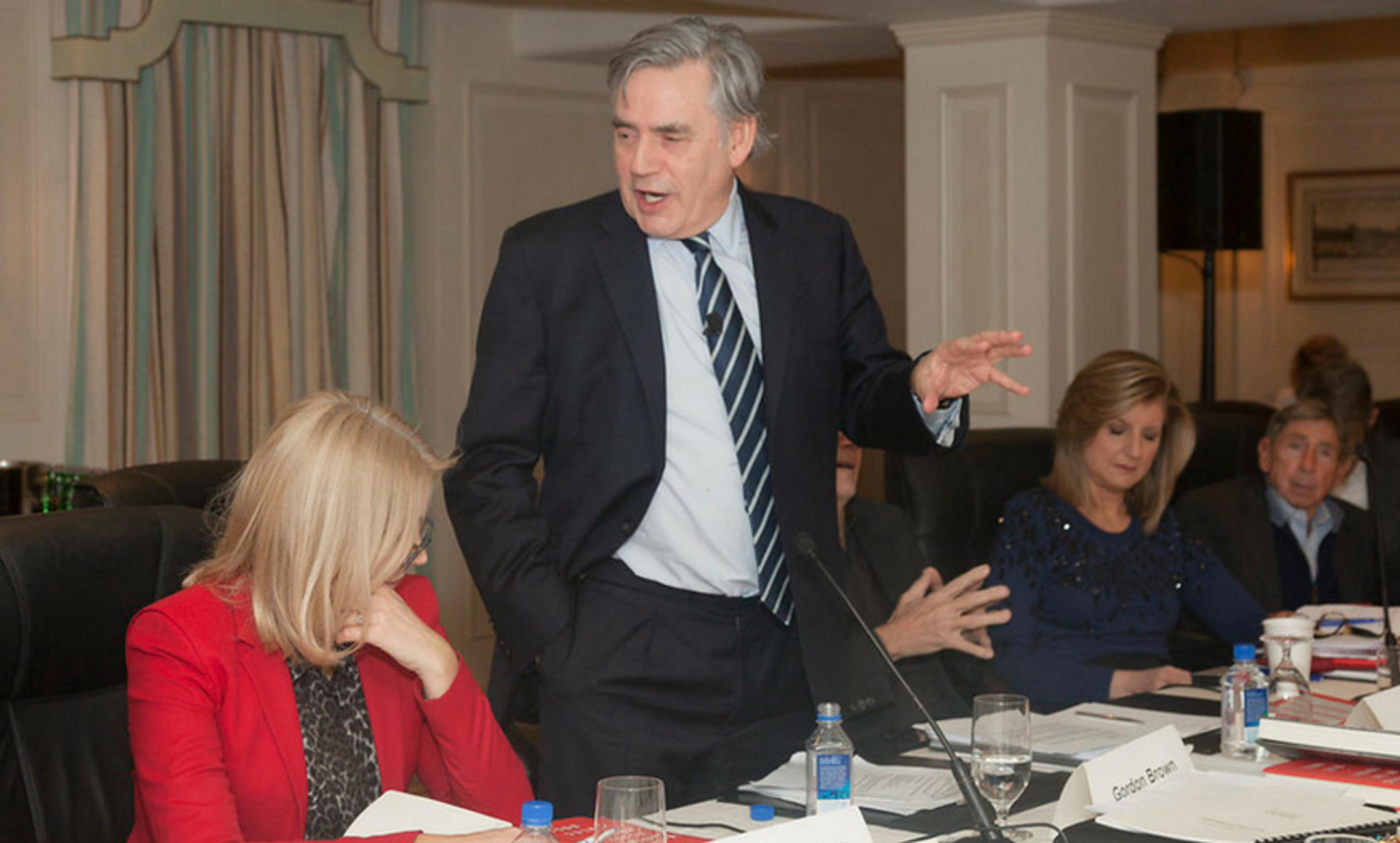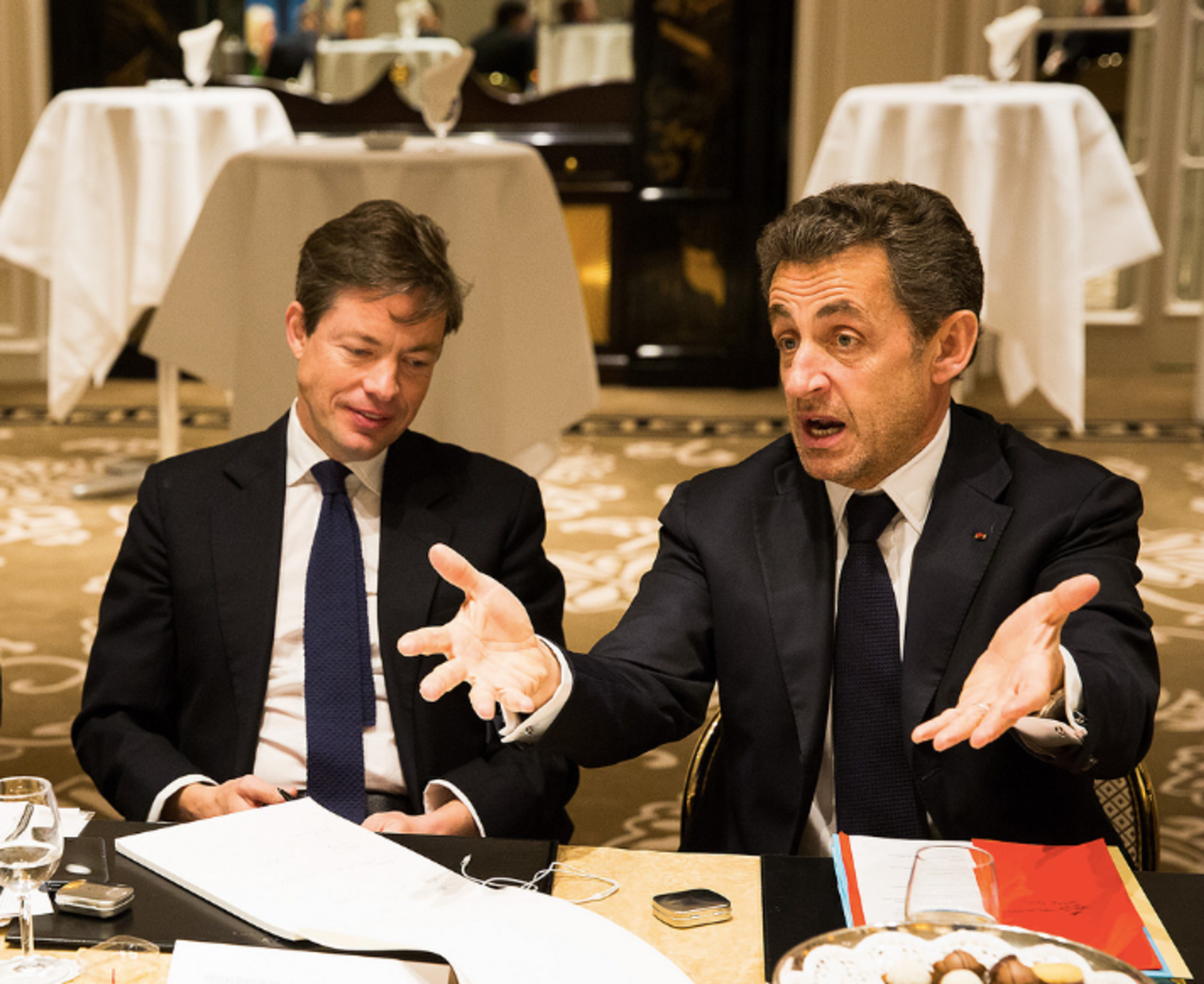21st Century Council Third Understanding China Conference 2018 Report
The 21st Century Council held its “Third Understanding China Conference” in Beijing from December 16-18, 2018, following on two earlier meetings in 2013 and 2015 with President Xi Jinping and others in China’s leadership.
This report notes the highlights of the discussions over those three days.
1. Zheng Bijian — our Chinese partner, member of the 21st Century Council and long-term adviser to China’s leaders –organized an array of presentations from both high officials in various ministries as well as mayors, governors and Party secretaries from Guandong, Hunan and Henan provinces. They discussed China’s Belt and Road initiative, financial liberalization, upgrading industry through technological innovation, and how imbalances between cities and the countryside were being addressed through regional integration.
2. Yet, the long-term, coordinated planning outlined by these officials faces strong headwinds. In his opening remarks, Zheng described what he called the “duality” in global relations today, with the “trend of peaceful development” facing populism and protectionism led by the United States. Particularly striking was the comment by this renowned author of China’s “peaceful rise” doctrine that, while China will persist in pursuing that course, “it is prepared to endure a protracted war.”
Echoing Zheng, Nicolas Berggruen observed in his opening remarks that “after decades of expansion we are witnessing the equivalent of a global shrinking.” He asked: “Are we headed to the closed mentality of islands exhibiting vulnerability and weaknesses, as opposed to the confidence and strength shown by openness?” His advice to both the West and the East: “In this difficult environment, let’s appeal to Chinese philosopher’s respect for the virtues of water, which by being adaptable and flexible can overcome the limitations of hardness. Far from fragile, an accommodating attitude both at home and internationally will be a sign of strength. Soft power will conquer many more hearts than hard power.”
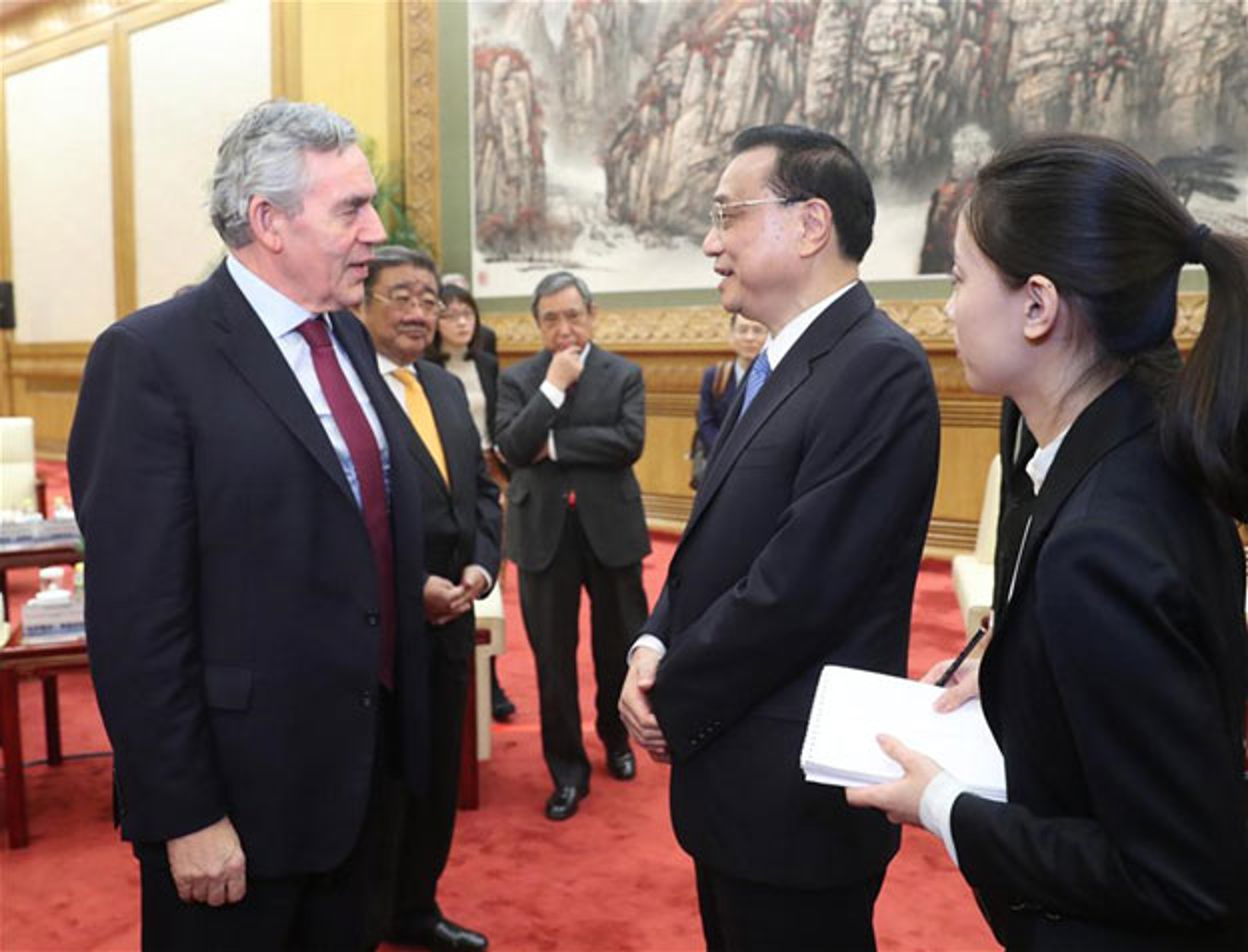
Former British Prime Minister Gordon Brown chats with Chinese Premier Li
3. Also striking was the presentation by Zhu Min, the former Deputy Managing Director of the IMF, that the current volatility in financial markets stirred by trade tensions has already led to a virtual standstill in capital flows and foreign direct investment, presaging a recession in the real economy by 2020. That analysis followed upon the worrisome observation of Gordon Brown that the very institutional tools and inter-governmental cooperation—including G-20 coordination—that were in place to avoid a global depression after the financial crisis of 2009 are not there today. Debt levels across all major nations today, he also noted, leave little room for fiscal stimulus when the downturn comes.
4. Fu Ying, the Vice-Chair of the Foreign Affairs Committee of the National People’s Congress, offered a poignant observation about what the unraveling of interdependence by U.S.-China conflict might mean for China. “China’s reform and opening up over the past 40 years coincided in that same period with the opening of diplomatic relations between the two countries.” The American relationship, now at risk, she noted, has been “indispensable” for China’s success.
Former Mexican president Ernesto Zedillo advised China to stick to its principles in trade negotiations. The experience of re-negotiating NAFTA with the Trump administration, he said, shows that, in the end, most of what matters can be retained because of the mutual interests at stake. He also quipped that the 21st Century Council now understands China well and, instead, ought to hold an “Understanding the U.S.” conference.
5. One of the central issues in the China-U.S. trade dispute is whether China, now the second largest economy in the world, can still be considered a “developing country” when interpreting WTO rules. Premier Li Keqiang addressed this issue in response to a question by Pascal Lamy, former head of the WTO, when we met at the Great Hall of the People. Though China is the second largest economy in the world, its per capita GDP, he said, only accounts for about 80 percent of the world average. Much of the country remains in an under-developed state, he maintained, and thus China is still a “developing country.”
Li noted that over the past 70 years, reducing poverty had mainly benefited from multilateralism, free trade and a rules-based international order. “Under the current complicated situation, we should adhere to those principles,” he said, adding that China supports the reform and improvement of the WTO’s rules. He urged the reforms to be conducted while making rules that “stick to the general direction of trade liberalization, accommodate all parties’ concerns and interests, safeguard the development rights of developing members, and facilitate the narrowing of the North-South gap.”
6. The conference had a strong presence of China’s leading entrepreneurs, including Pony Ma, the founder and CEO of Tencent, former Google-China chief and AI expert Kai Fu Lee, Shanghai venture capitalist Eric X. Li and Beijing investor Fred Hu. Kai Fu Lee pointed out that China was now virtually on par with Silicon Valley in the development of artificial intelligence, mainly because AI learning is based on massive quantities of data available to the Chinese tech community through ubiquitous use of smartphones. Eric Li noted a new phenomenon of rapidly rising billion-dollar companies that are exploiting the discretionary income of China’s burgeoning middle class. He used as an example an on-line pet company he financed that grew to “unicorn” status in one year by marketing high-end consumer products such as dog jackets and other pet paraphernalia. He further argued that recent reports of China’s economic downturn did not include substantial growth in the on-line retail sector.
Fred Hu observed that China’s high-tech takeoff has little to do with the industrial policies disputed by the U.S. under WTO rules, which seek to level the playing field of competition by diminishing state subsidies. “It is a myth,” he said “that industrial policy is responsible for tech innovation. State subsidies are important in the very early stage of stimulating growth in important sectors, but in later stages of innovation, the state cannot substitute for complex market decisions.” He also called for China’s leaders to immediately crack down on intellectual property theft and end demands that foreign companies hand over proprietary secrets since entrepreneurs can now lead innovation if the state just gets out of the way.
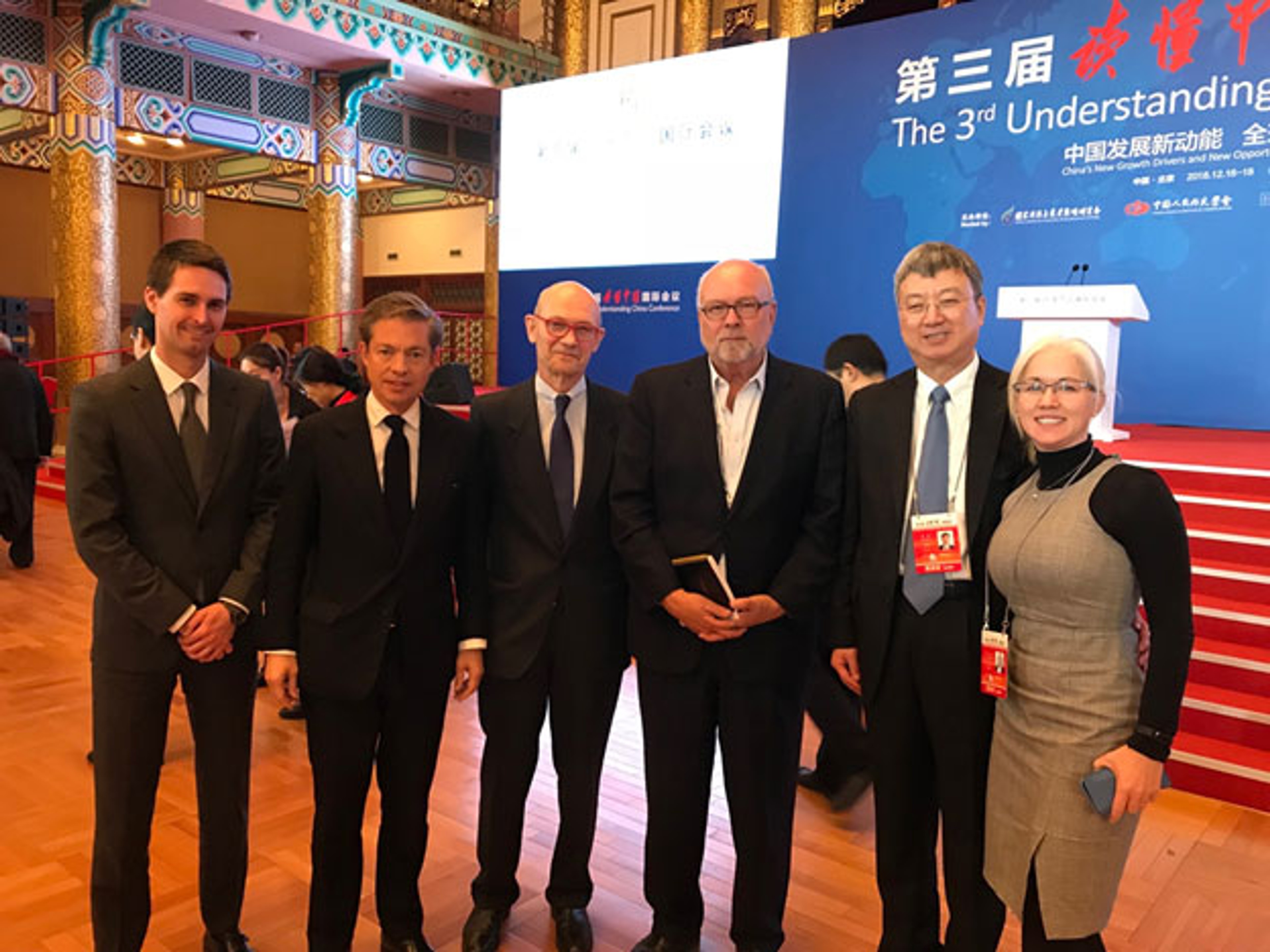
Left to right: Evan Spiegel, Nicolas Berggruen, Pascal Lamy, Nathan Gardels, Zhu Min, Dawn Nakagawa
7. When trade relations with China involve information technology, Pascal Lamy, the former head of the WTO, observed there is a cultural clash that goes beyond economics. New information technologies, especially AI, are not only about productive forces as in the era of manufacturing but about the means of communication and information flows. The sharpest conflict between East and West, both political and civilizational, he said, is over the control of information and use of data. Paradoxically, it is the technologies of connectivity that will most divide China and the West.
8. Singapore’s former foreign minister George Yeo offered an entirely different perspective on China’s reform and opening up. Healthy development is not only about opening up for economic well-being, he said, but for enhancing the spiritual well-being of people. At a time when unauthorized Christian churches are being targeted by the authorities, he called for including “sacred spaces” for faith in China’s development outlook. The recent agreement with the Vatican concerning greater leeway in appointing bishops in the officially authorized church were a big step forward, he said. But the absence of a spiritual dimension in China’s vision of rejuvenation, Yeo suggested, is one reason why it seems so alien in the family of nations.
9. Though a sympathetic proponent of the benefits of China’s Belt and Road initiative, Martin Jacques expressed his concern that a negative ‘narrative’ was overtaking this major undertaking by China. It must be careful, he said, not to repeat the mistake made in Malaysia by “getting too close” to corrupt leaders. Kishore Mahbubani lauded the Belt and Road initiative as the greatest effort of its kind in human history, far surpassing the American Marshall Plan after WWII. He, too, noted that, because of debt overload and corruption on projects in Sri Lanka and Malaysia, China was finding it difficult to tell the win-win stories out there. “As a major global power,” he advised, “China needs to learn how to communicate as one.” To that end, former Greek prime minister George Papandreou called for China to duplicate the kind of Erasmus program of the European Union – where students can study across all European nations – in order to inculcate a familiarity with the rest of the world that is essential to communicating with it. Following a suggestion by Mahbubani, he also called for China to join with Europe in joint development of Africa. As Mahbubani put it, “the threat to Europe today is not so much tanks from Russia as migrants from Africa.” Papandreou thanked China for financing the revival of the port of Piraeus in Athens when, during the eurozone crisis, “no one else would help.” That port is now the busiest in the Mediterranean and a bright spot in Greece’s struggling economy. Former Pakistani prime minister Shaukat Aziz expressed few doubts. “China’s Belt and Road project is about inclusive growth that reduces poverty, following China’s own example of infrastructure-led development. “It is a game changer for Pakistan,” he said.
10. Harvard’s Graham Allison reprised the theme of his recent book on the Thucydides Trap that the tensions between the U.S. and China are inevitable results of a shifting world order in which established powers fear losing control to the claims of rising powers. The present trade war and battle over technological dominance, he argued, suggest that “things will get worse before they get worse.”
In these difficult circumstances with long historical precedence, he called for a strategy “to make the world safe for diversity” in which conflict and cooperation exist simultaneously. Echoing a similar comment by Fu Ying, some, he said, have labeled this approach “coopetition” or “a partnership of rivals.” In effect, such a strategic approach is a policy response to the “duality” in world affairs noted in Zheng Bijian’s opening remarks.
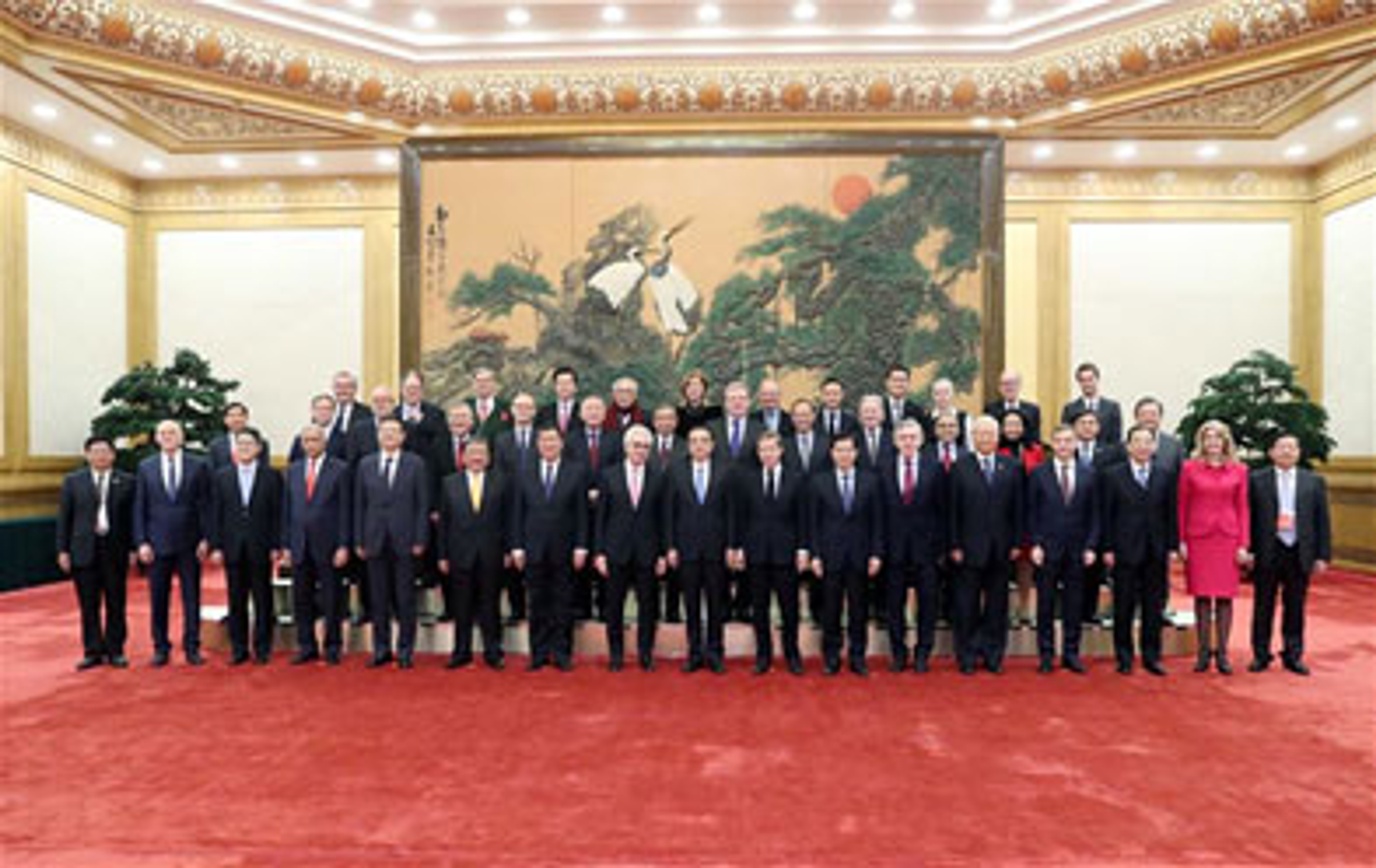
Berggruen Institute 21st Century Council and Premier Li
11. In closing, Nathan Gardels offered a similar theme: While a balance of power is necessary so that each side is secure enough to open up and cooperate, an integral part of calculating that balance must be partnerships where interests converge. If there is no area of common intent, all else will dwell in the shadow of distrust and each side will only seek advantage over the other. China and the U.S. would then break with the stable status quo. The trade war could easily descend into an ideological conflict between parallel systems without any connection to each other. He noted that one practical project of the Berggruen Institute to meet this challenge is an initiative with the Leonardo DiCaprio Foundation to integrate the cap and trade programs of California, China (which is modeled on California’s), and Europe—aimed at establishing a carbon price to fight climate change. Such a program would structurally link the climate fates of China and the West no matter what other conflicts arise.
Gardels agreed that the idea of China and Europe working together for development in Africa was another example of structural cooperation around convergent interests. Europe’s contribution on soft infrastructure aid in health and education would complement China’s hard infrastructure investments.




